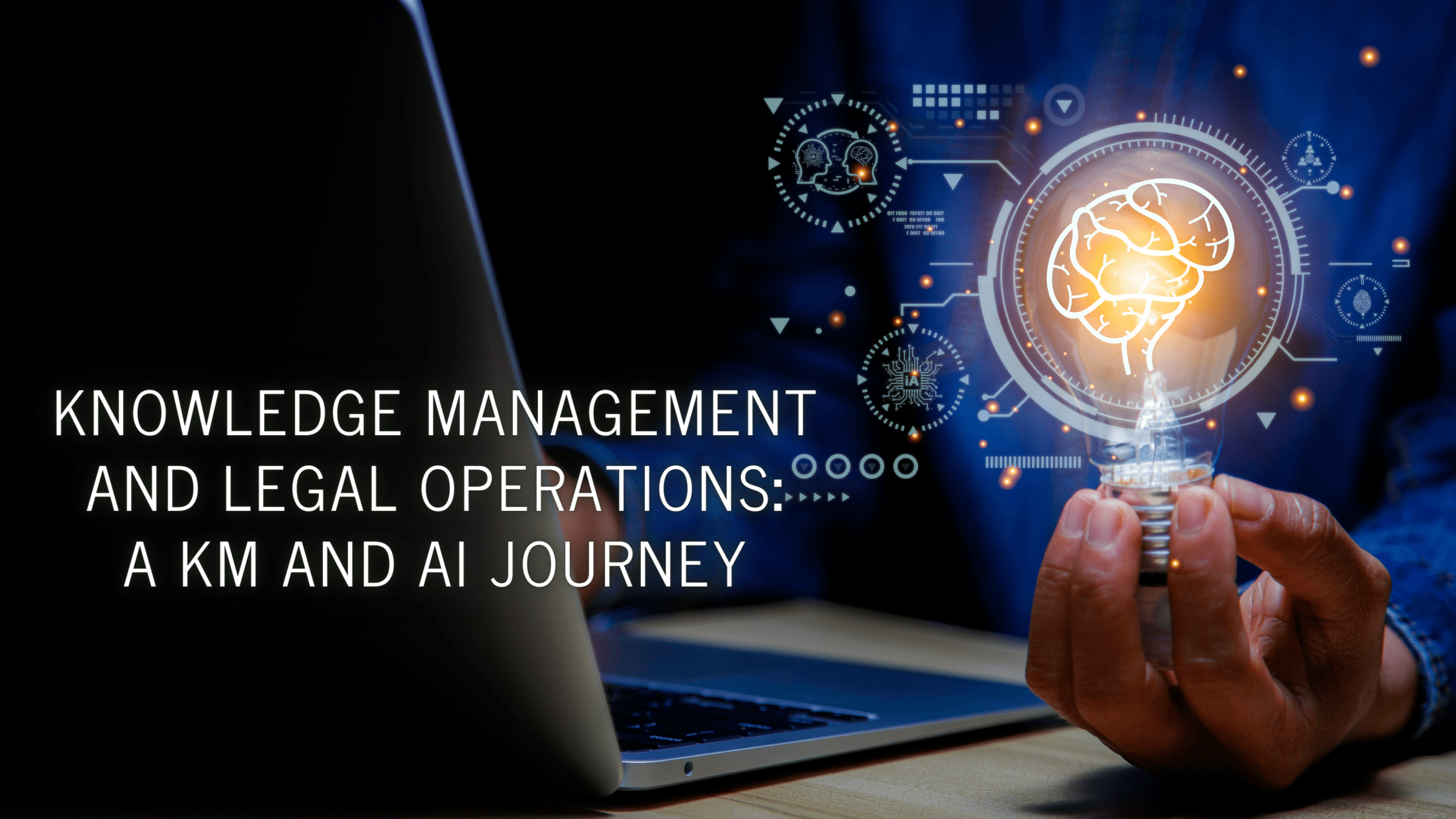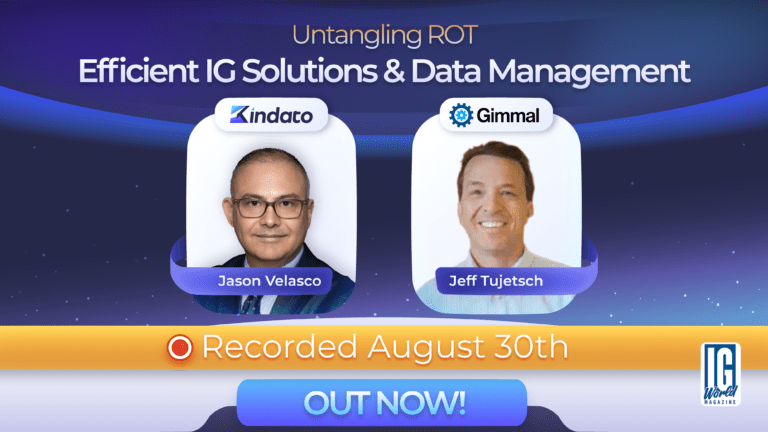In-house attorneys are all too familiar with the deluge of legal documents that form a constant backdrop to their daily work. Each email, contract, and memo is a thread in the vast legal tapestry of an organization, potentially pivotal to its fate.
In this relentless cycle of demands, the larger strategic picture often becomes blurred, resulting in a segmented repository of institutional knowledge. Valuable insights are briefly acknowledged, then lost to the ether, with the accumulated wisdom of years relegated to the obscurity of file rooms and digital storage.
Let’s dive into the lived experiences of in-house attorneys, exposing the chasms in knowledge retention and underlining the urgent need for robust Knowledge Management (KM) practices.
Current technology in the legal sector has predominantly been centered around storing information and facilitating access. However, KM requires more than just storage solutions; it demands an intelligent system that not only stores but also interprets, connects, and utilizes knowledge to inform decisions and streamline operations. Here, we explore the transformative potential of AI in KM and Legal Operations.

Decoding AI’s Role in Legal Ops and KM: The Foundational Influence of Microsoft M365
At the forefront of the opportunity for KM and Legal Ops revolution is Microsoft M365. Its suite of tools, such as Co-Pilot, Viva, and Purview, represents a significant leap forward. These tools are more than future possibilities—they are current assets awaiting deployment in the legal landscape. For instance, Co-Pilot streamlines collaboration and document management, while Viva focuses on enriching the employee experience, and Purview manages compliance and risks efficiently.
The integration of AI with these tools is reshaping KM by automating mundane tasks, enabling attorneys to focus on more complex legal work. The synergistic relationship between AI and Microsoft M365’s suite is creating a new paradigm where insights and knowledge are not just stored but are actively engaged, fostering a more strategic and informed legal environment.
AI in Contract Lifecycle Management (CLM): A New Frontier in Efficiency
The role of AI in CLM is a game-changer. Traditional contract management often involves sifting through vast amounts of data to identify outdated clauses and ensure agreement standardization. However, AI takes this further by proactively managing contractual risks and streamlining negotiations through predictive modeling. Automated drafting tools are enhancing contract creation, saving countless hours of manual drafting and reducing the potential for human error.
For example, AI can predict which negotiation strategies might be most effective with certain counterparties by analyzing past interactions and outcomes. This level of analysis can lead to more efficient negotiations and better contractual terms, ultimately contributing to substantial cost savings and a stronger contractual position for the organization.
AI in Compliance and Risk Management: A WUKID Perspective on Value Creation
Compliance and risk management, when augmented by AI, evolve from mere legal obligations to strategic business imperatives. AI empowers legal departments to adopt a WUKID (Wisdom, Understanding, Knowledge, Information, Data) framework, transitioning from a reactive to a proactive stance. By anticipating and identifying potential risks before they manifest, legal teams can strategize and implement measures to avoid or mitigate those risks.

The value creation here is multi-dimensional. Not only does it prevent potential legal issues, but it also streamlines operations and fosters an organizational culture that values foresight and preparedness. AI-driven analytics can, for instance, reveal trends and patterns that inform policy-making, training, and resource allocation, aligning compliance with business strategy and creating a competitive advantage.
Best Practices for AI Implementation in Legal Ops: The Kindato Approach
Adopting AI in Legal Ops is not without its challenges. It is essential to assess the current state of your legal department’s operations before embarking on an AI implementation journey. Kindato’s assessment framework offers a structured analysis, identifying the strengths, weaknesses, opportunities, and threats (SWOT) inherent in the current system.
Implementing AI begins with understanding the unique needs of the legal department and tailoring the AI strategy to meet those needs. Kindato’s approach involves a step-by-step guide that ranges from data collection and analysis to selecting the right AI tools and integrating them into existing workflows. This methodical approach ensures that the integration of AI into Legal Ops is seamless, strategic, and, most importantly, aligned with the organization’s broader objectives.
Wrapping Up
The journey of integrating AI into KM and Legal Ops is not just about adopting new technology. It is about transforming the very fabric of legal work, from how knowledge is managed and accessed to how decisions are made and risks are assessed. The potential for AI to revolutionize Legal Ops is immense, but it requires a thoughtful strategy and a clear understanding of the unique challenges and opportunities that lie within the legal domain. With the right approach, AI can not only save time and reduce costs but also provide a strategic edge in an increasingly complex legal landscape.




